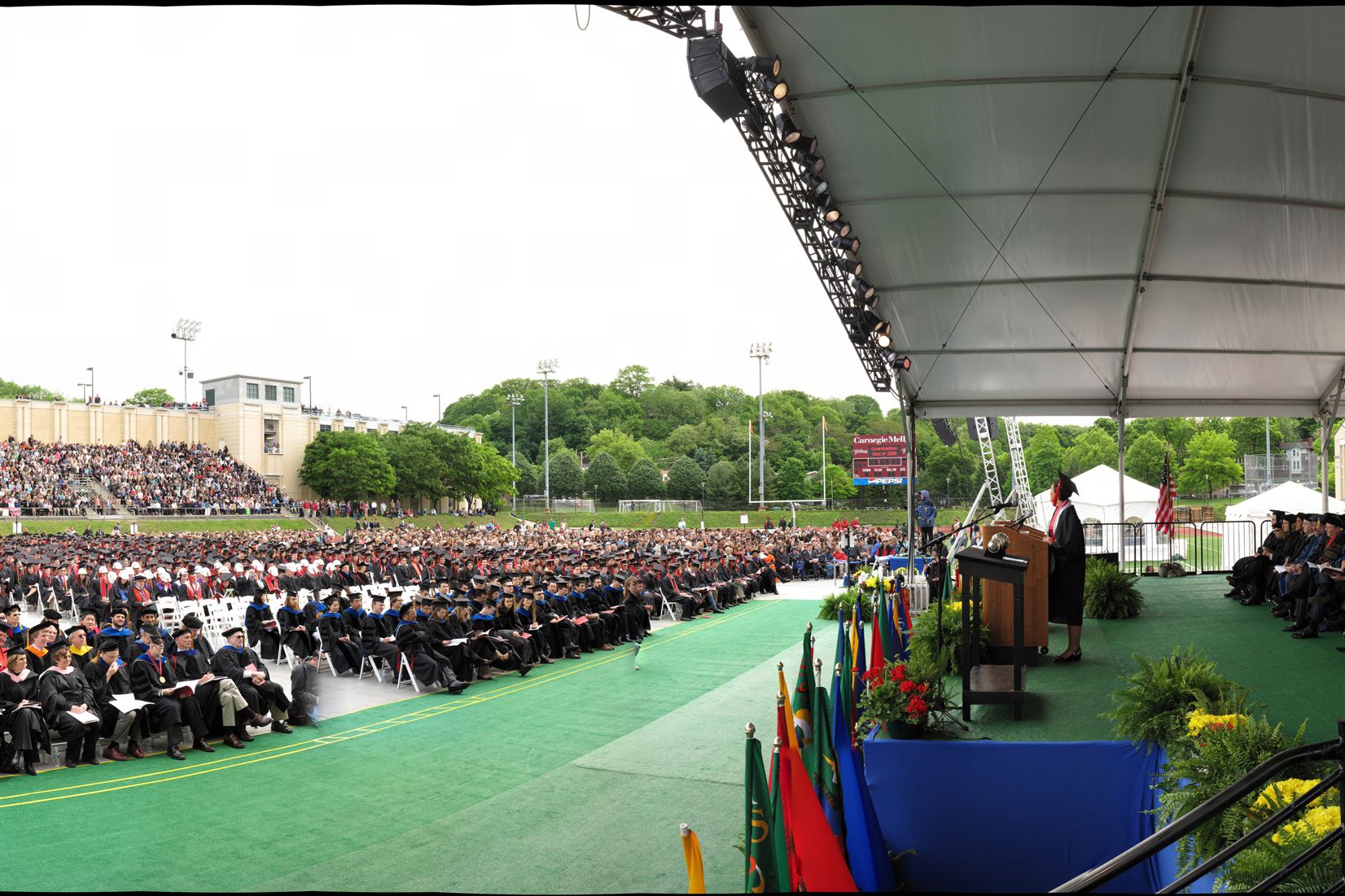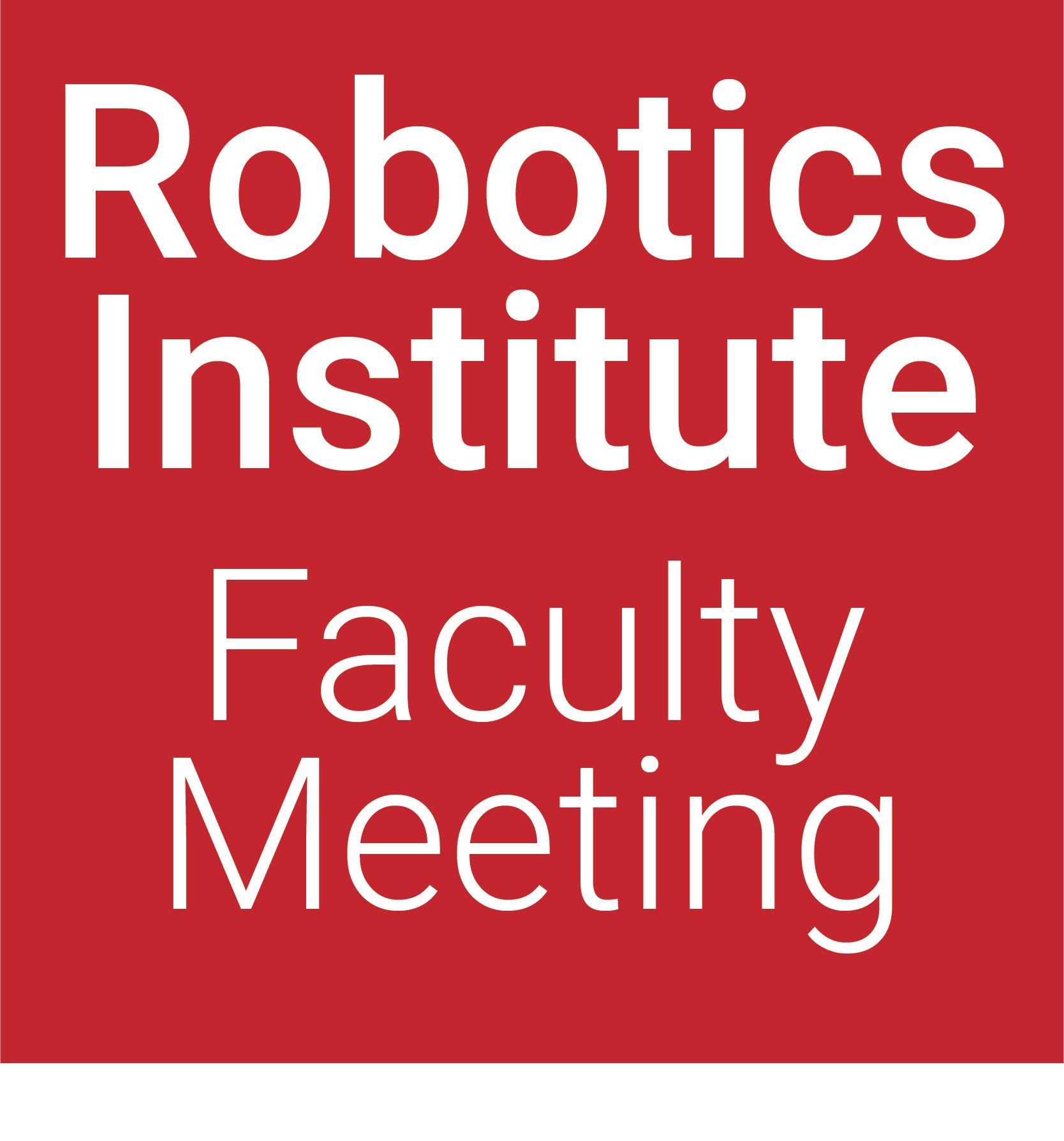Loading view.
Calendar of Events
S Sun
M Mon
T Tue
W Wed
T Thu
F Fri
S Sat
Robotics Institute,
Carnegie Mellon University
Carnegie Mellon University
Ross L. Hatton
Associate Professor
Robotics & Mechanical Engineering , Oregon State University
Robotics Institute,
Carnegie Mellon University
Carnegie Mellon University
Robotics Institute,
Carnegie Mellon University
Carnegie Mellon University
Robotics Institute,
Carnegie Mellon University
Carnegie Mellon University
Raj Reddy Assistant Professor in Robotics
Robotics Institute,
Carnegie Mellon University
Carnegie Mellon University





